Volkswagen Check Engine Light Guide

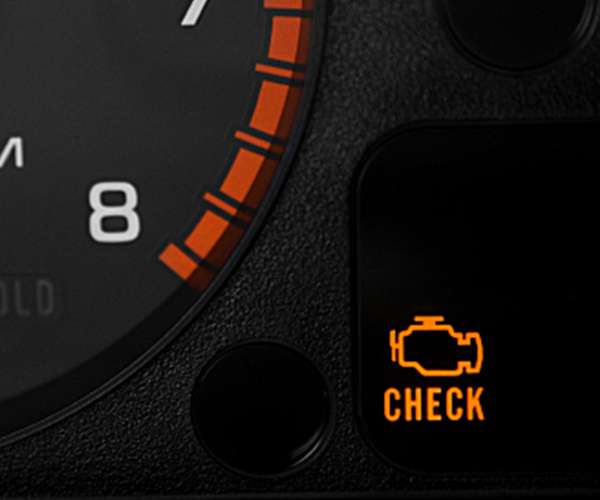
What is a Check Engine Light in my Volkswagen?
While the color and location of the Check Engine Light will vary by vehicle, in the majority of cases it is a dashboard warning light that is yellow and shaped like an engine. This indicator is part of the onboard diagnostics (OBD-II) system.
A Check Engine indicator will stay solid or blink. Blinking Check Engine Lights mean the situation is serious and you should slow down, find a safe place to stop, and contact a Volkswagen Service Center.
Why is the Check Engine Light on in my Volkswagen?
Once a Check Engine Light appears on the dashboard of your Volkswagen, you're probably going to wonder what caused it. While there are numerous reasons for the light to illuminate, several minor issues could cause the warning. Below we list some of the most common reasons for a Check Engine Light.
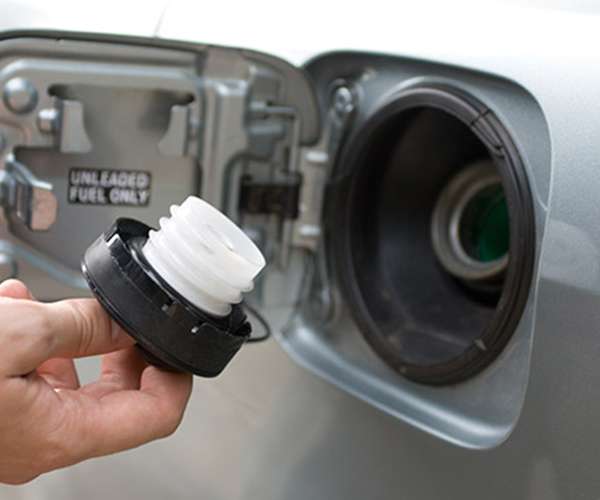
Loose or Missing Gas Cap
Your gas cap is responsible for keeping your fuel tank sealed, preventing gas fumes from escaping into the air, or worse - into your vehicle. If your gas cap is loose or missing altogether, it can trigger a Check Engine Light when the fuel system tests itself to insure it is "sealed". Make sure your gas cap is tight to avoid any issues.
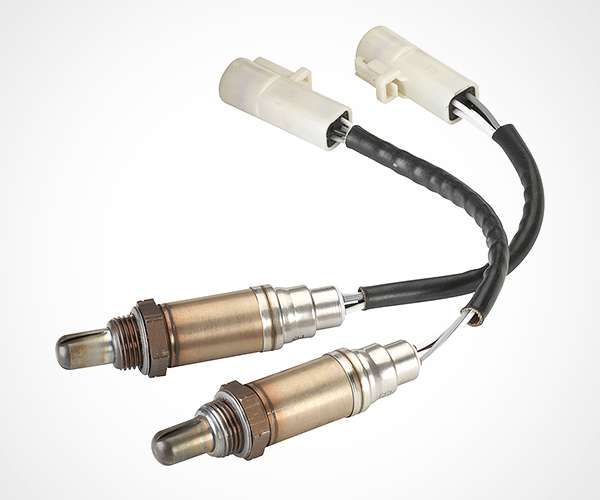
Malfunctioning Oxygen Sensor
The Oxygen Sensor, also called an O2 Sensor, relays important information to your car's Electronic Control Unit (Abbreviated as "ECU" and can be thought of as your car's "computer"). Sometimes the oxygen sensor can get covered with oil, dust, debris, or corrosion and simply fail. This can cause the sensor to send incorrect information to the computer, triggering the Check Engine Light.
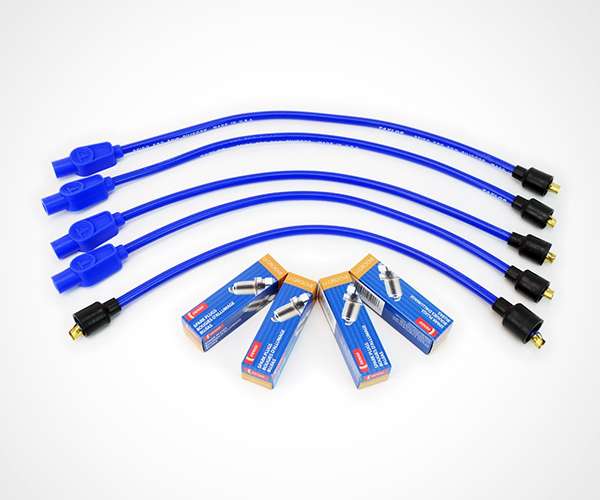
Worn / Damaged Spark Plugs or Wires
Spark plugs ignite the air/fuel mixture in the combustion chamber of your Volkswagen. Although spark plugs and wires last much longer than they did in cars of the past, eventually they will wear out and need replacing. Worn plugs and/or plug wires can cause the engine to "misfire" and trigger a Check Engine Light.
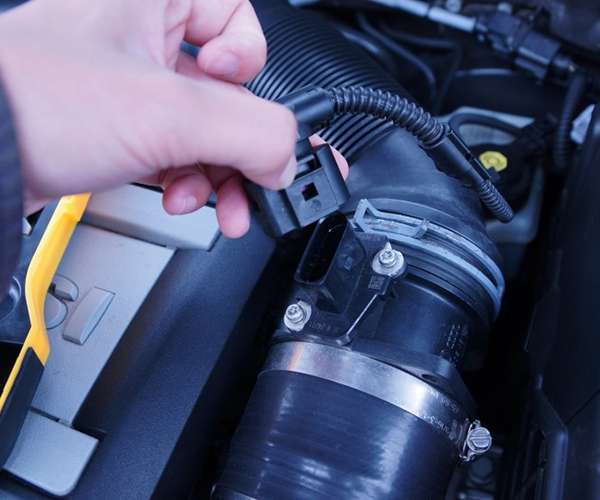
Faulty Mass Air Flow Sensor
Your mass air flow sensor measures the amount of air entering the engine to determine how much fuel is needed to run your engine efficiently. When it malfunctions, you could experience reduced performance and lower fuel economy. A faulty mass air flow sensor can cause a Check Engine Light.

Catalytic Converter Needs Replacement
The catalytic converter helps protect our environment by converting harmful carbon monoxide into carbon dioxide. When not functioning properly, it's possible for a catalytic converter to cause a Check Engine Light.
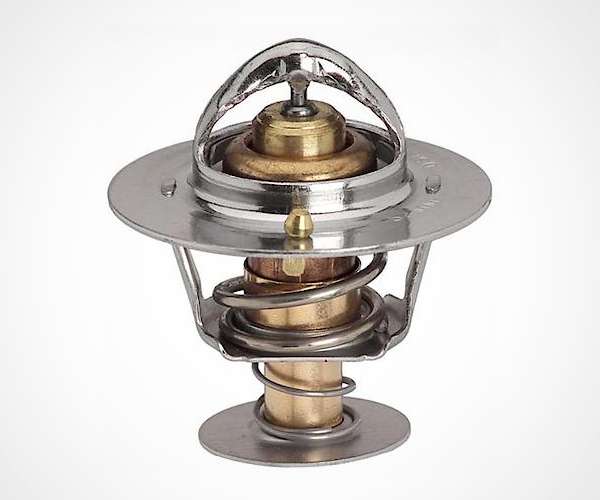
Broken Thermostat
The thermostat in your Volkswagen's engine helps manage operating temperatures to avoid overheating. An incorrect reading from a defective thermostat can cause a Check Engine Light to appear on your dash. It's important to ensure your thermostat is in good condition in order to prevent engine damage from excess heat.
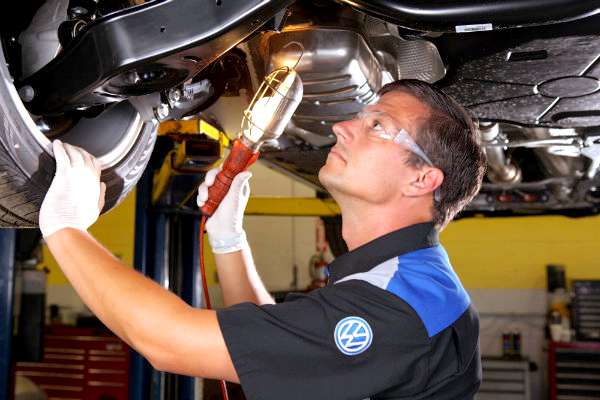
How to turn off the Check Engine Light in a Volkswagen
Now that you've learned about the various common causes of a Check Engine Light, it's time to let the factory-trained Volkswagen technicians and service experts at Volkswagen of Ann Arbor diagnose the issue. Our technicians have the expertise along with state-of-the-art diagnostic and repair equipment to pinpoint the cause of your Check Engine Light.
It's important to address a Check Engine Light as soon as possible in order to prevent serious damage to your Volkswagen. You can count on the team of service experts at Volkswagen of Ann Arbor to diagnose, repair, and keep your Volkswagen running like new.

